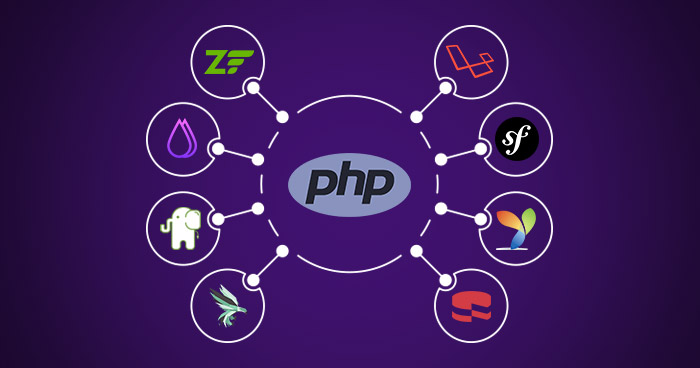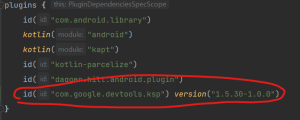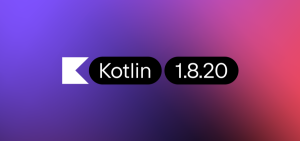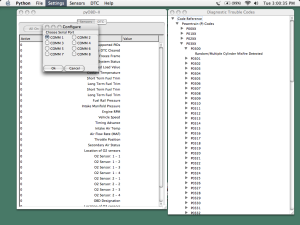PHP is a popular programming language that is used to create dynamic and interactive web pages. It is a server-side scripting language that can be embedded in HTML code, and it is known for its simplicity, versatility, and ease of use. Whether you are a beginner or an experienced developer, PHP offers a powerful toolset that can help you create dynamic web applications quickly and easily.
In this blog post, we will explore some of the key features and benefits of PHP, as well as provide you with some tips and resources for learning the language.
Why Choose PHP?
One of the main reasons why PHP is so popular among web developers is its ease of use. PHP is a server-side language, which means that it runs on the server, rather than on the client’s browser. This makes it easy to add dynamic content to web pages, such as user input forms, database queries, and more.
Another advantage of PHP is its versatility. It can be used to build a wide range of web applications, from simple blogs and e-commerce sites to complex enterprise-level systems. PHP is also compatible with a variety of web servers and operating systems, including Windows, Linux, and macOS.
Some other benefits of PHP include:
- Large community: PHP has a large and active community of developers who contribute to the language’s development and provide support to new users.
- Open source: PHP is open-source, which means that it is free to use, distribute, and modify.
- Support for databases: PHP supports a wide range of databases, including MySQL, PostgreSQL, Oracle, and more.
- Rich set of libraries and frameworks: PHP offers a rich set of libraries and frameworks that can help you streamline your development process and build applications faster.
Getting Started with PHP
If you are new to PHP, there are plenty of resources available to help you get started. Here are a few tips and resources to help you learn the language:
- Start with the basics: Before diving into more complex topics, make sure you have a solid understanding of the basics of PHP. This includes variables, data types, functions, and control structures.
- Practice, practice, practice: The best way to learn PHP is to practice writing code. Start with simple projects, such as a basic contact form or a simple e-commerce site, and work your way up to more complex applications.
- Join a community: Joining a community of PHP developers can be a great way to get help, learn from others, and stay up-to-date on the latest trends and developments in the language. Some popular communities include the PHP subreddit, PHP chat rooms, and the PHP community on GitHub.
- Use a framework: Using a framework can help you streamline your development process and make it easier to build complex applications. Some popular PHP frameworks include Laravel, Symfony, and CodeIgniter.
Conclusion
In conclusion, PHP is a powerful and versatile programming language that is well-suited for building dynamic and interactive web applications. Whether you are a beginner or an experienced developer, PHP offers a rich set of tools and resources that can help you create applications quickly and easily. So, if you’re looking to dive into web development, PHP is definitely worth considering.
Introduction: PHP is a popular server-side programming language used for web development. It is open-source, easy to learn, and widely used by developers worldwide. In this blog, we will dive into the features, benefits, and uses of PHP, and why it is an excellent choice for web development.
What really is PHP?
What is PHP? PHP is a popular scripting language designed for web development. It is a server-side language, meaning that it runs on the server and generates dynamic content that is sent to the client’s browser. PHP was created in 1994 by Rasmus Lerdorf and has been continuously updated and improved over the years. PHP is open-source, which means that anyone can use and modify the code, making it a flexible and customizable language.
Features of PHP: PHP has a wide range of features that make it an attractive choice for web developers. Here are some of the most notable features of PHP:
- Open-source: PHP is an open-source language, meaning that it is free to use, distribute and modify. This allows developers to create custom solutions without any licensing costs.
- Easy to learn: PHP is a simple and easy-to-learn language, making it an excellent choice for beginners. It has a straightforward syntax and is easy to debug, which makes it easier for developers to write clean and efficient code.
- Cross-platform compatibility: PHP runs on multiple platforms, including Windows, Linux, and macOS, making it a versatile language.
- High performance: PHP is a high-performance language that can handle high traffic websites with ease. It is optimized for speed and can process large amounts of data quickly.
Benefits of using PHP: PHP has many benefits that make it an excellent choice for web development. Here are some of the key benefits of using PHP:
- Cost-effective: PHP is open-source and free to use, which makes it a cost-effective solution for web development.
- Large community: PHP has a large and active community of developers who contribute to its development and provide support for new users.
- Compatibility: PHP is compatible with a wide range of databases and web servers, making it easy to integrate with other technologies.
- Security: PHP has built-in security features that protect websites from common security threats such as SQL injection and cross-site scripting attacks.
Uses of PHP: PHP is used for a wide range of web development applications, including:
- Dynamic websites: PHP is used to create dynamic websites that generate content in real-time based on user input.
- Content management systems: PHP is used to build content management systems (CMS) such as WordPress and Drupal.
- E-commerce websites: PHP is used to develop e-commerce websites that allow customers to buy and sell products online.
- Web applications: PHP is used to build web applications such as social networks, online marketplaces, and chat applications.
Conclusion: In conclusion, PHP is a versatile and powerful language that is widely used for web development. It has many features, benefits, and uses that make it an attractive choice for developers worldwide. Whether you are building a simple website or a complex web application, PHP is a language that can handle your needs. So, if you’re looking for a robust and reliable web development language, PHP is an excellent choice to consider.










